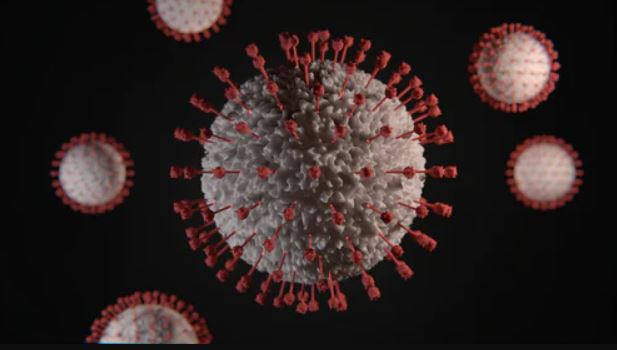One of the problems of the modern human race is tiny microorganisms that pose a threat to humans. Microorganisms include bacteria, viruses and fungi. While some bacteria, such as the gut bacteria, which consists of bacterial flora in the guts and are beneficial to man, a lot of other bacteria do more harm than good to humans. Zika virus is one among the numerous viruses which have ravaged many parts of the world.
Here, we will talk about the Zika virus, its origin, places it affected and ways to combat, prevent and control this virus.
Origin And Causes Of Zika Virus
The Zika virus is a mosquito-borne virus, which has the species – Aedes albopictus and Aedes aegypti as its carrier. Aedes mosquitoes are also known to transmit chikungunya (spread to people from mosquito bites). The virus was first discovered in Africa (in Uganda) in 1947 and until 2007, was not recorded outside Africa. South Pacific recorded the Zika virus in 2007 and Central and South America in 2015.
Zika virus is reported to be primarily transmitted by the Aedes species of mosquitoes. It is contracted through a bite from an Aedes mosquito that has fed on the bloodstream of a Zika virus-infected person. It can also be transmitted through having unprotected sex with an infected person, residing or traveling to countries where there have been Zika virus outbreak, laboratory exposure and contacts with contaminated blood such as in blood transfusion or via eye fluids, saliva, urine, and semen of infected person can all be a great risk factor. Infected pregnant women can give birth to babies with a certain rare birth called microcephaly. Microcephaly causes a baby’s head to be smaller than normal.
Symptoms Of Zika Virus
The Zika virus disease is predominantly found in subtropical and tropical areas, with not more than 25% of the infected person showing symptoms. These symptoms may linger between 2 days to 7 days and are usually very mild. This is why some people infected with this virus show neither signs or symptoms.
In fact, out of every five infected people only one person shows signs and symptoms. Miscarriage, Guillain-Barre Syndrome (a neurological disorder), and microcephaly are linked to the Zika virus disease during the period of pregnancy.
Signs and symptoms of the Zika virus disease most commonly include:
- Mild fever
- Rash
- Joint or muscle pain
Other symptoms and signs may include:
- Headache
- Red eyes (conjunctivitis)
- lack of energy
- physical weakness
- Edema (swelling)
- Retro orbital pain (pain behind the eye)
- Arthralgia (joint pain)
- Lymphadenopathy (disease of the lymph nodes)
- Myalgia (pain in a muscle or group of muscles)
- Vomiting
Prevention Of Zika Virus
There is no known cure for Zika virus, but medical researchers are working on a possible Zika virus vaccine, so until then, preventing mosquito bites and depopulating mosquito habitats is the best possible prevention.
Pregnant women are strictly advised to avoid traveling to countries where a Zika virus outbreak has been recorded; in the case where your partner resides or has visited an infected area, the Center for Disease Control And Prevention recommends the use of protection (condom) or total abstinence from intercourse during this period.
Protective clothes such as long pants, long-sleeved tops, socks, hand gloves, and shoes are to be worn when going to areas that are mosquito-prone; also, the use of mosquito repellent and sleeping in mosquito nets is necessary to keep the mosquitoes away. Depopulation is also advised by using insecticides in and around the house.
See your health care provider once you notice that you or any member of your family may have contracted this virus, especially if you have visited an area with an ongoing outbreak recently.
Staying in a well-screened or air-conditioned space can help to keep the mosquitoes away; the mosquitoes are prone to attack from early hours of the morning until the evening as well as at night. This means you should adopt prevention measures 24/7.
If you are trying to conceive and you reside or have plans to visit an area infected with the Zika virus disease, go to see your doctor and ask for suggestions.
According to the CDC, 2020 has recorded a very small number of new cases, but that doesn’t mean we should completely relax. Given that a lot of cases are not recorded for hospitalization or even death, statistics can sometimes be misleading. Although Zika virus is on the low side, preventive measures against it should be kept in mind and priority to all.
References





